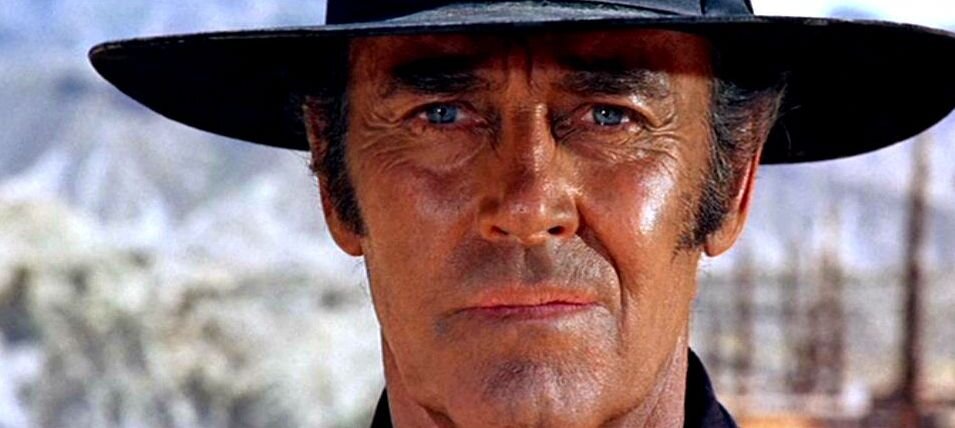Film writer Patrick McElroy on all-time great film composer Ennio Morricone
There are some film scores in which we see an image in our own lives, and we think of the composition.
When seeing a shark, we can’t help but not think of the pounding strings of John Williams score for Jaws, when we see a shower curtain, in our minds the screeching violins of Bernard Herrmann’s score for Psycho, and when we see gangsters, we think of the haunting brass notes of Nino Rota’s score for The Godfather.
During the last half century, one cannot see the open west the same without being reminded of the work of the maestro himself, Ennio Morricone. It was one year ago today that we lost Morricone. To call him one of the great film composers of all time is an understatement. Every score he composed he put the passion of opera into them. From the 1960’s to the 2010’s he worked with a list of great filmmakers that’s rivaled by few, the list includes Bernardo Bertolucci, Marco Bellocchio, Duccio Tessari, Sergio Corbucci, Mario Bava, Sergio Sollima, Pier Paolo Pasolini, Dario Argento, Terrence Malick, John Carpenter, Samuel Fuller, Brian De Palma, William Friedkin, Roman Polanski, Pedro Almodovar, Barry Levinson, Mike Nichols, Oliver Stone, and Quentin Tarantino.
But the one that he’ll be best remembered for is the master, Sergio Leone. Few composer- director collaborations in film history are as significant as Leone and Morricone. The others that come to mind are Hitchcock/Herrman, Fellini/Rota, and Spielberg/Williams. With these collaborations there’s an auto synchronization between both men, in which audiences can’t think about one without the other. One of the greatest moments in film composing is in Once Upon a Time in the West, in the first fifteen minutes of the film after a massacre has been committed, Morricone allows an electric guitar which was seldom in film scores at the time to loudly play as the camera does a 180 to reveal the killer is the classic all American hero Henry Fonda.
I believe their finest collaboration is Leone’s swan song Once Upon a Time in America. The film contains some of the most vicious gangsters in film history, but it’s also a film of friendship, and aging, so Morricone provides us with a soft score, consisting of flutes, strings, and piano. One of the most beautiful scores is Deborah’s Theme, it reflects the main character’s sense of longing for a life of love, in a lifestyle that’s violent, and unforgiving. There are some losses where the sky feels less bright once their gone, Morricone’s passing was a loss of film history. His work was ingrained so deeply into the industry, and our self- consciousness, that returning to reality feels a burden. His body of work is unparalleled in abundance and power.
These words won’t do justice to experiencing the maestro’s scores.
Patrick McElroy is a movie writer and movie lover based in Los Angeles. Check out his other writing at: https://www.facebook.com/patrick.mcelroy.3726 or his IG: @mcelroy.patrick



